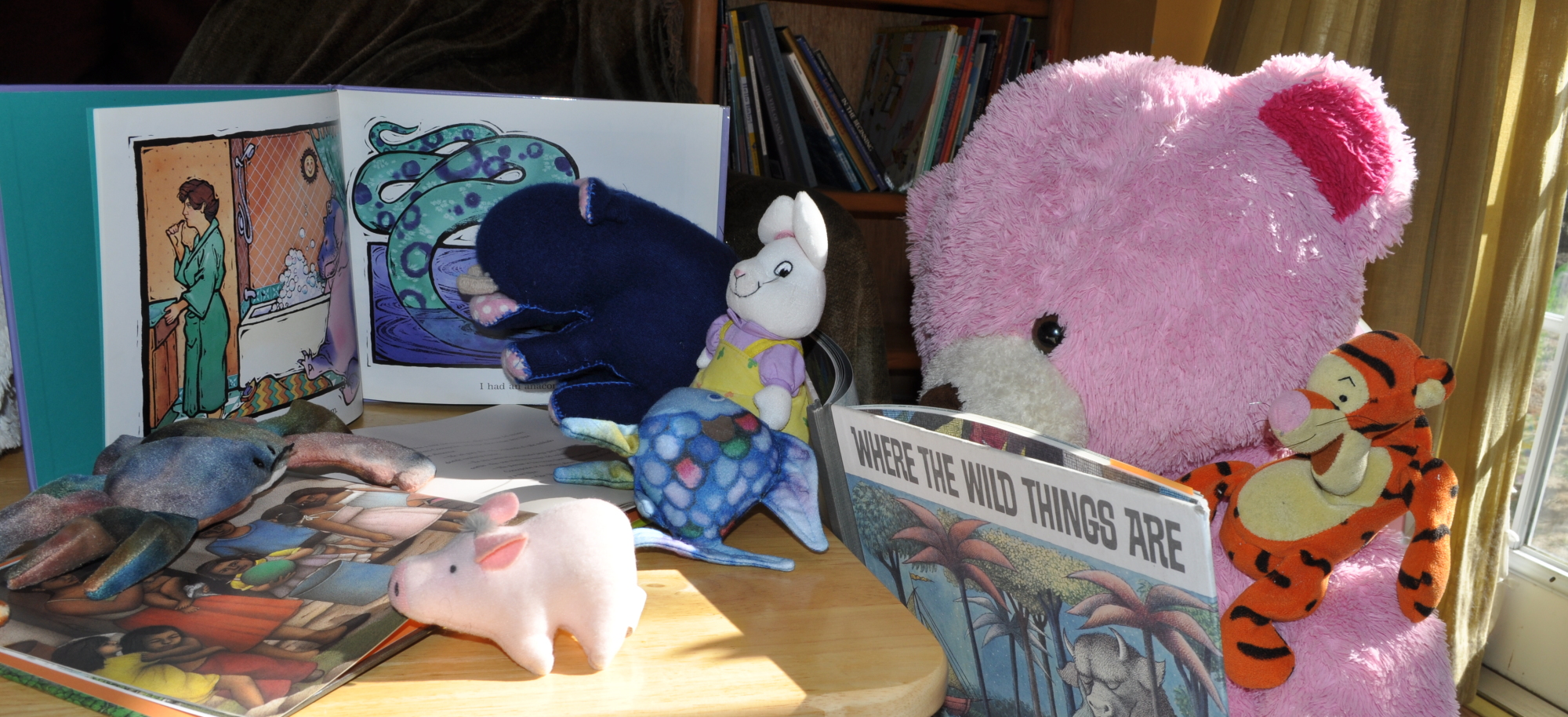Privilege cannot be evaluated in terms of black and white. Privilege by nature is comparative and perceptual. It seems to be part of the human experience to struggle, yet there is a quantitative difference between the struggle to put food before our children or overcome a history of sexual abuse or live with the increased likelihood of attack or incarceration because of skin color…and the struggle to find a parking spot in the city, or host the in-laws for dinner, or get our work published. No matter what the struggle, no matter how privileged we are in this way or that, we seem to have the tendency to magnify our own obstacles, and overlook our advantages.
If you haven’t yet read Ellen Oh’s magnificent article Dear White Writers about defending/creating space for people of color to tell their own stories, go read it now. She voices important concerns about the role of writers privileged by their skin color/ethnic background in supporting and participating in the movement for diverse children’s literature.
According to Lee & Low’s Diversity Baseline Survey, a 2015 statistical analysis of diversity in publishing for children, the #WeNeedDiverseBooks train is still parked at the station. In the past, there wasn’t a train at all, and diverse books just had to walk themselves to the publisher and wait at the back door for a turn to get in. Then maybe there was an occasional train, but no posted schedule and not enough cars. Now we’ve got one line, just one train that leaves once a day, and everyone’s crowding to get on. Who gets a ticket for that train?
What we need to do is take over the train station. When all of us consumed with creating books for children are writing from an expanded perception of the ways our society privileges some over others, and our own roles in that system, we will need more trains. Old lines of thinking and publishing will become obsolete, and those trains will refurbished for a more just and equitable world.
How do we expand our perceptions? It’s not easy and it’s not comfortable. But that’s something we writers already know a lot about. We know how to play with ideas and challenge the absurd. We know how to fill our pens with agony and write toward healing, how to break open the fiction of any -ism to write toward the truth. And we know how to listen.
Time to Listen Tuesday is a new series dedicated to listening to the voices that are speaking out for diverse books for children.
Today’s featured author is Libba Bray, whose post In Support of Ellen Oh challenges us all to confront our own racism, to “do it right…as truth-tellers”, to be “better writers and better humans.” Thank you, Libba Bray, for inviting us to listen.
Listen here:
Image thanks to Steven Shorrock, Creative Commons license


